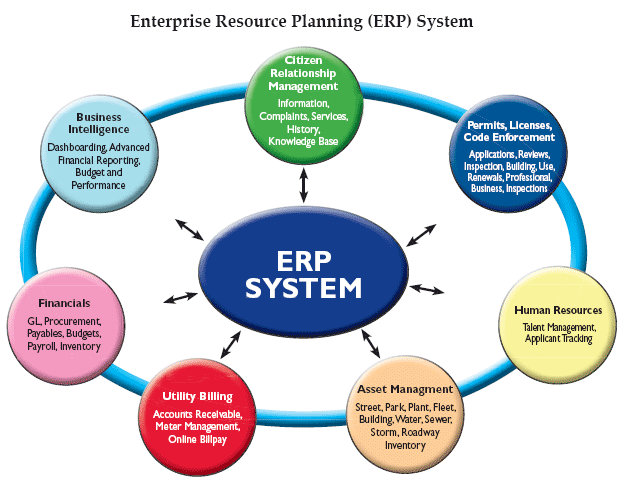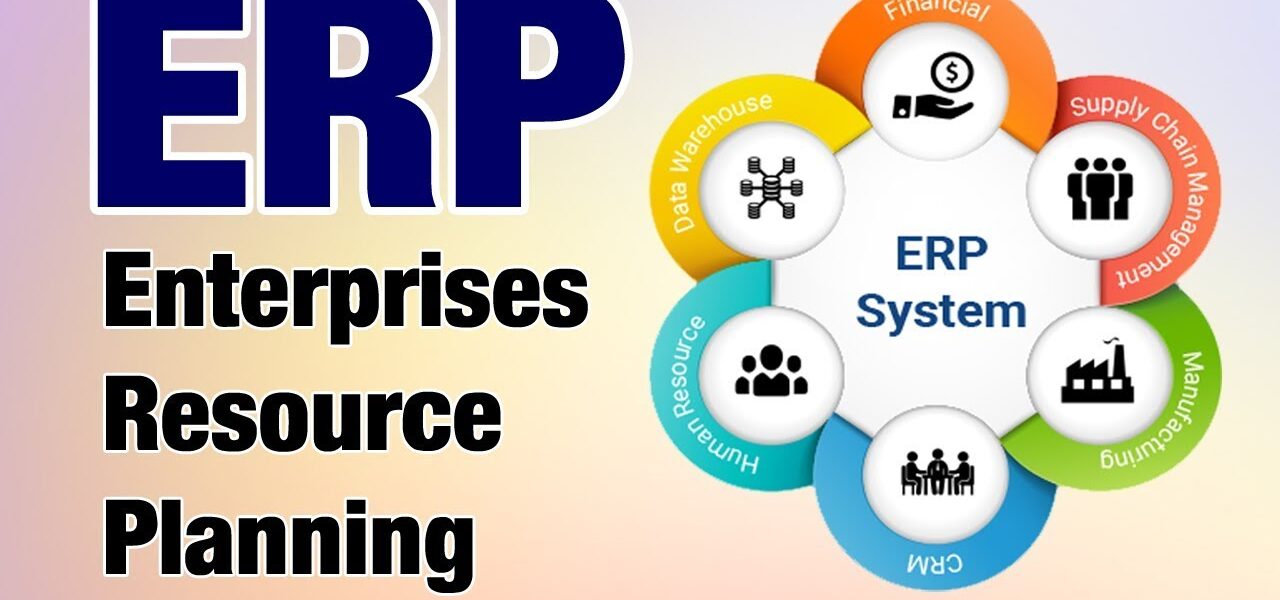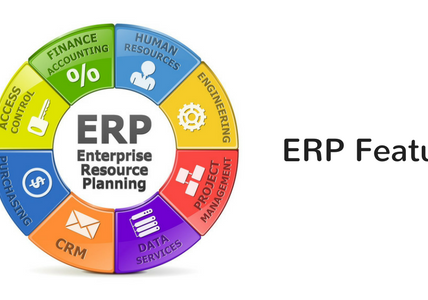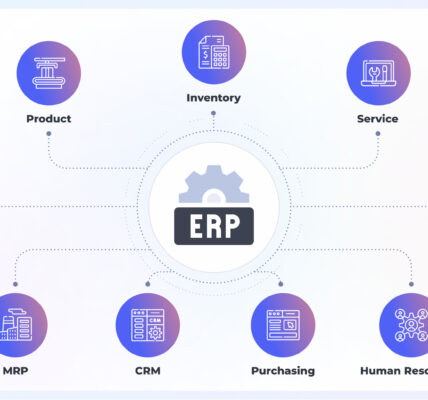In our rapidly changing and highly competitive business environment, maintaining competitiveness and operational efficiency is paramount, and Enterprise Resource Planning (ERP) software stands out as a vital tool. ERP software is instrumental in efficiently streamlining and optimizing various facets of a business’s operations, making it an indispensable asset for companies in this digital age.

Read more.. How to Identify which shares are good: Unearthing the Gems
Read more.. How to Buy The Online Sovereign Gold Bond with Discount
1. Efficiency and Productivity Boost:
ERP software integrates and centralizes data from various departments, providing real-time access to critical information. This eliminates redundancy, reduces manual data entry, and minimizes errors.
2. Improved Decision-Making:
The foundation of triumph in business lies in well-informed decision-making, and ERP systems play a pivotal role by furnishing precise and current data, empowering leaders to swiftly make data-driven choices. Whether it’s inventory management, financial forecasting, or customer insights, ERP software offers valuable insights for better choices.

Read more.. What’s Benefits of ERP software for Modern Businesses
Read more.. What’s Benefits of ERP software for Modern Businesses
3. Enhanced Collaboration:
Collaboration across departments is vital for seamless operations. ERP systems promote cross-functional communication by breaking down data silos. This enables employees from different departments to access and share information effortlessly, fostering collaboration and a unified work environment.
4. Cost Reduction:
ERP software helps identify areas where costs can be minimized, such as excess inventory or inefficient processes. By optimizing these aspects, companies can reduce operational costs significantly, leading to higher profitability.
5. Scalability:
As a business grows, its needs evolve. ERP systems are designed to be scalable, allowing companies to add functionalities or users as required. This flexibility ensures that the software can adapt to changing business dynamics.
6. Customer Satisfaction:
Satisfied customers are more likely to become loyal customers. ERP software helps in providing better customer service by offering a comprehensive view of customer interactions and preferences. This enables companies to tailor their offerings and improve customer satisfaction.
7. Regulatory Compliance:
Many industries are subject to strict regulations. ERP systems help companies stay compliant by automating processes and maintaining accurate records, reducing the risk of legal issues and penalties.
8. Inventory Management:
Efficiently managing inventory is essential for preventing overstocking or stockouts. ERP software enables businesses to monitor inventory levels in real-time, ensuring that products are available when needed while minimizing excess inventory.
8. Streamlined Reporting:
Effective reporting plays a pivotal role in performance monitoring and informed decision-making. ERP systems excel in producing tailored reports, enabling management to closely monitor key performance indicators and evaluate the overall vitality of the business.
9. Competitive Advantage:
In today’s fiercely competitive market landscape, possessing the right tools can be a game-changer. Businesses that harness the power of ERP software secure a significant competitive advantage by promptly and efficiently adapting to market shifts, meeting customer needs, and staying ahead of emerging industry trends.
To sum it up, ERP software isn’t merely a technological expense; it stands as a strategic necessity for contemporary enterprises. Its capacity to elevate efficiency, foster data-informed choices, and bolster teamwork renders it indispensable. As the corporate terrain keeps transforming, organizations embracing the potential of ERP software will find themselves better primed for enduring expansion and triumph.




